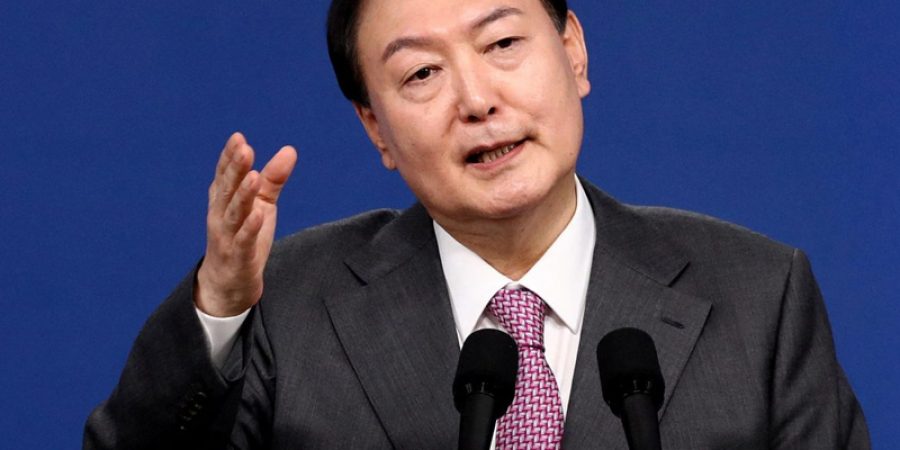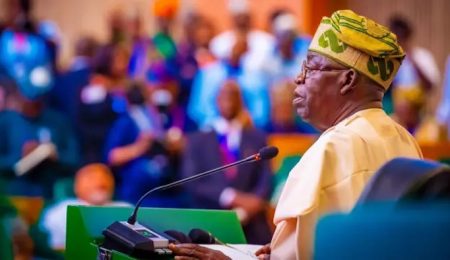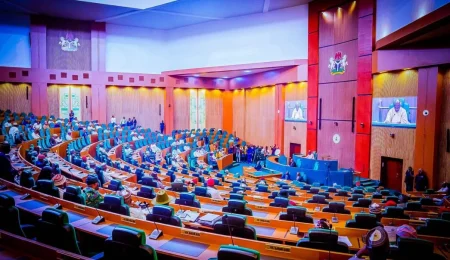South Korean President Yoon Suk Yeol has issued a public apology following his controversial declaration of martial law earlier this week, a move that has thrown the nation into political chaos and prompted calls for his resignation.
“I am very sorry and would like to sincerely apologise to the people who were shocked,” Yoon said in a televised address on Friday. “Regarding the declaration of martial law, I will not avoid any legal or political responsibility.”
Yoon’s unprecedented declaration late Tuesday night was quickly overturned by the National Assembly, but the fallout continues to roil the country.
While many had anticipated his resignation during the address, Yoon instead delegated the task of stabilising the political situation to his ruling People Power Party (PPP), leaving questions about his political future unresolved.
Within his own party, support for Yoon has dwindled. Han Dong-hoon, leader of the PPP, told reporters, “His early resignation is inevitable. It has become impossible for Yoon to continue his normal duty.”
Meanwhile, the opposition is preparing to vote on an impeachment motion on Saturday. To pass, the motion requires at least eight members of Yoon’s party to side with the opposition, which holds a majority in the 300-seat parliament.
Opposition leader Lee Jae-myung expressed disappointment with Yoon’s apology, stating that it only deepened public anger and distrust. “The greatest risk facing South Korea right now is the very existence of the president,” Lee declared, vowing to remove Yoon from office.
Yoon’s martial law declaration, which he justified by citing threats from “anti-state forces” and North Korea, has sparked widespread condemnation. Critics argue the move was a desperate attempt to consolidate power amid plummeting approval ratings and corruption allegations.
In Seoul’s Namdaemun market, shopkeeper Yang Soonsil voiced her disillusionment: “I have lost complete trust in him [Yoon] as a president. We need to fight until the end; we can’t let him maintain his position.”
Another citizen, Han Jungmo, called the apology insufficient.
“He must either step down voluntarily or be impeached. If he continues to insist on being president, it would be a hopeless situation,” he said, accusing Yoon of breaking trust with the people.
The political crisis erupted late Tuesday when Yoon declared martial law, reportedly citing domestic political pressures rather than external threats. His decree mobilised security forces and temporarily suspended normal government functions, prompting some lawmakers to physically force their way into parliament to overturn the measure.
After the National Assembly swiftly voided the declaration, Yoon rescinded it just six hours later. Yet, concerns lingered that he might attempt another decree, prompting some lawmakers to remain near the parliament to prevent further escalation.
Yoon’s presidency, already weakened by low approval ratings and allegations of corruption, now hangs by a thread. While his apology signals an acknowledgment of his political misstep, it has done little to quell the growing calls for his resignation or impeachment.
As the opposition gears up for Saturday’s vote, the fate of South Korea’s embattled president remains uncertain. What is clear, however, is that Yoon’s martial law declaration has left an indelible mark on the nation’s political landscape, amplifying public distrust in a leader once tasked with guiding the country through uncertain times.
Chioma Kalu
Follow us on:



